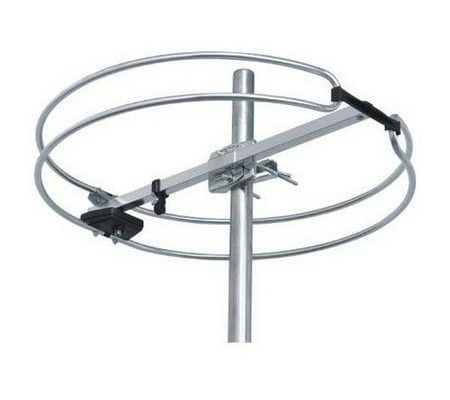How to Relieve Hernia Pain

Hernias can cause discomfort and pain, affecting your daily life and activities. Finding relief from hernia pain is essential for improving your overall well-being. This article discusses various strategies to help you cope with hernia pain and find the comfort you need.
1. Over-the-counter pain relievers: Non-prescription medication like acetaminophen or ibuprofen can help alleviate mild to moderate hernia pain. However, do not use them for extended periods or exceed the recommended dosage without consulting your doctor.
2. Wear a truss or support garment: A hernia truss or belt helps support the abdominal wall and can temporarily alleviate hernia pain by keeping the bulging organ or tissue in place. Consult with your healthcare provider before using a truss, as it may not be suitable for all types of hernias.
3. Apply ice packs: Applying an ice pack wrapped in a cloth to the herniated area for 15-20 minutes can help reduce inflammation and provide temporary pain relief. Do this several times a day as needed but avoid direct contact with the skin to prevent frostbite.
4. Gentle exercise: Engaging in mild physical activity like walking, swimming, or yoga can improve blood circulation and strengthen muscles around the affected area, helping alleviate hernia pain. However, remember to consult with your doctor before beginning any exercise regime and avoid strenuous activities that may exacerbate your condition.
5. Practice proper lifting techniques: When lifting heavy objects, utilize proper body mechanics by bending at your knees while keeping your back straight and engaging core muscles to lessen the strain on your abdomen.
6. Maintain a healthy weight: Excess body weight adds pressure to your abdominal wall, which can aggravate hernia pain. Losing weight through a balanced diet and regular physical activity may help reduce discomfort caused by the hernia.
7. Avoid lying down soon after eating: To prevent further discomfort, wait at least three hours after a meal before lying down or going to bed. This allows your stomach to empty and reduces pressure on the herniated area.
8. Elevate your head during sleep: Raising your head by about six inches using pillows or an adjustable bed can help reduce hernia-related symptoms like heartburn and acid reflux.
9. Avoid tight clothing: Tight clothing can place additional pressure on the affected area, increasing hernia pain. Ensure you choose loose-fitting clothes that offer comfort and minimize compression on your abdomen.
10. Manage stress: Feeling stressed can increase muscle tension in your abdominal wall, exacerbating hernia pain. Engage in relaxation techniques like deep breathing exercises, meditation, or progressive muscle relaxation to help manage stress levels.
While these methods may provide temporary relief from hernia pain, they do not address the underlying cause. It’s essential to consult with a healthcare professional for a proper evaluation and treatment plan, which may include surgery in some cases. Seeking medical advice is crucial for preventing complications and ensuring long-term health and wellness.






